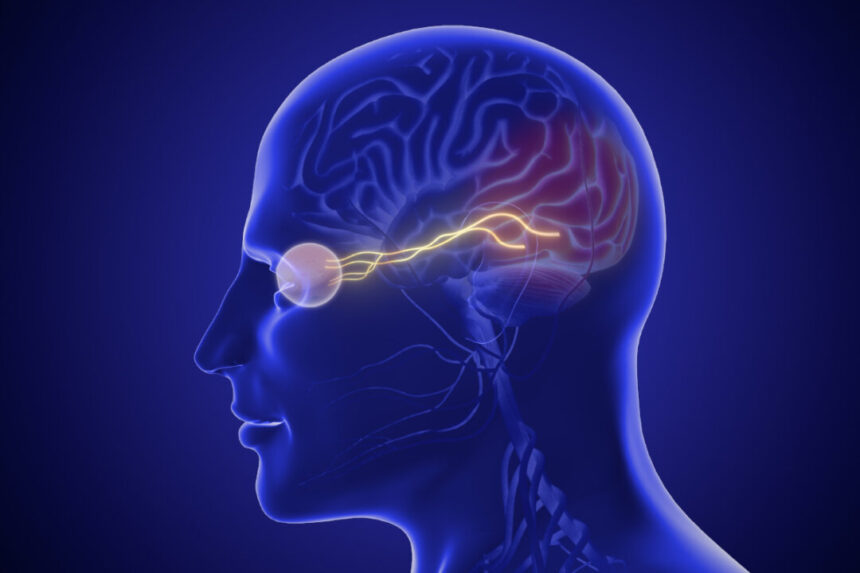A recent study published in JAMA Network Open has identified a potential causal relationship between cataracts and dementia. The study found that cataracts may nearly double the risk of vascular dementia and identified possible brain pathways linking the two conditions. Cataracts occur when the lens in the eye becomes cloudy, obstructing vision.
Researchers at the University of California (UC)–San Francisco conducted an observational study involving over 308,000 UK Biobank participants to assess the associations between eye conditions like cataracts, nearsightedness, and poor visual acuity, and neurological conditions such as brain structure changes, Alzheimer’s disease, and related dementias. The study found that cataracts were associated with an increased risk of all-cause dementia, Alzheimer’s, and vascular dementia, while poor visual acuity and diabetic retinopathy were also linked to higher dementia risks.
The researchers also found that cataracts were associated with reductions in total brain volume and gray matter volume, suggesting a potential link to overall brain shrinkage or issues affecting blood vessels. While the study did not provide a definitive explanation for the relationship between cataracts and reduced brain volume, it is theorized that declining vision and subsequent loss due to cataracts may contribute to cognitive decline and brain shrinkage.
The study’s findings suggest a potentially causal relationship between cataracts and dementia, supported by existing literature showing that cataract surgery can reduce dementia risk. The researchers hope that their findings will lead to the development of specific clinical guidelines for patients, emphasizing the importance of regular vision checks for older adults to maintain good vision health and potentially reduce the risk of cognitive decline. Please provide a sentence or paragraph for me to rewrite.
Source link





